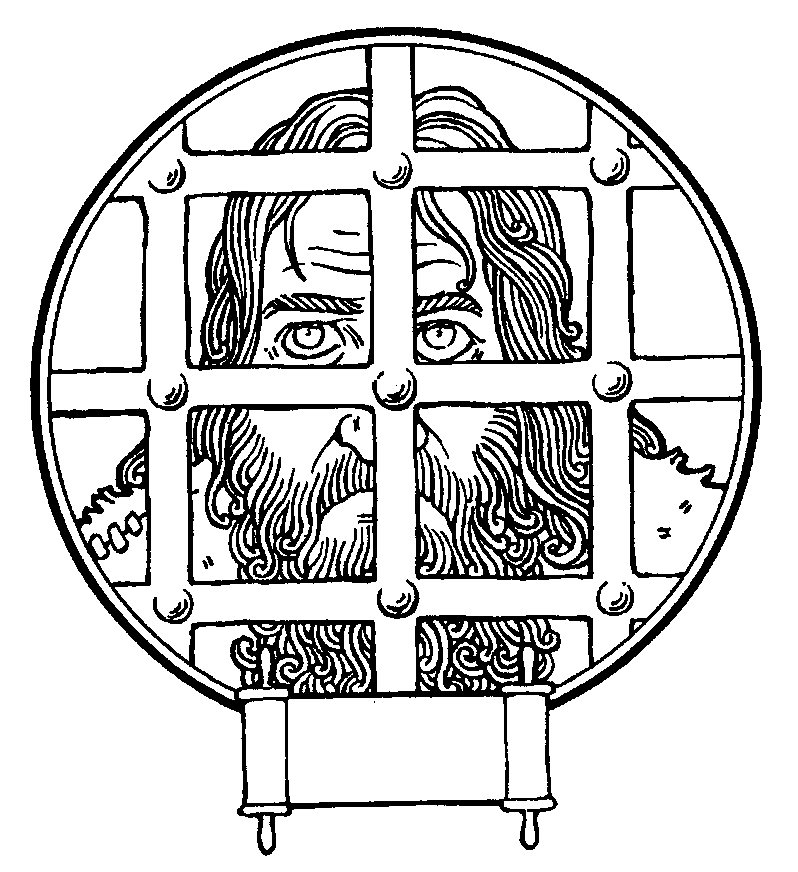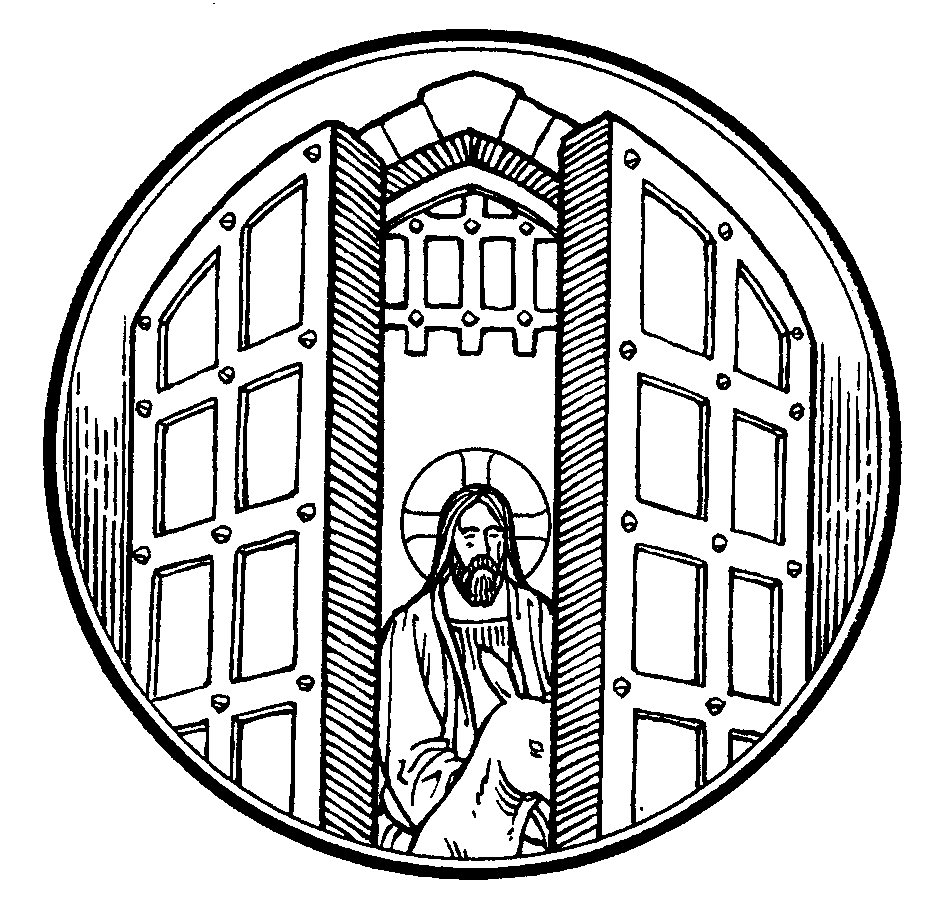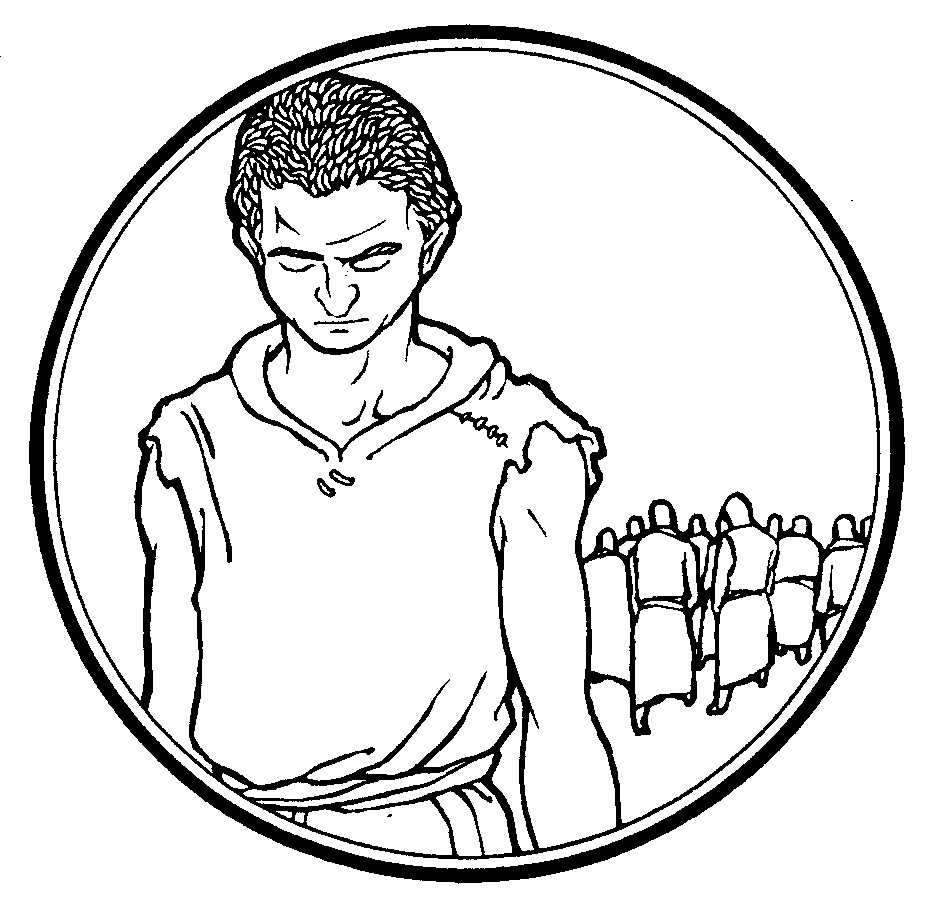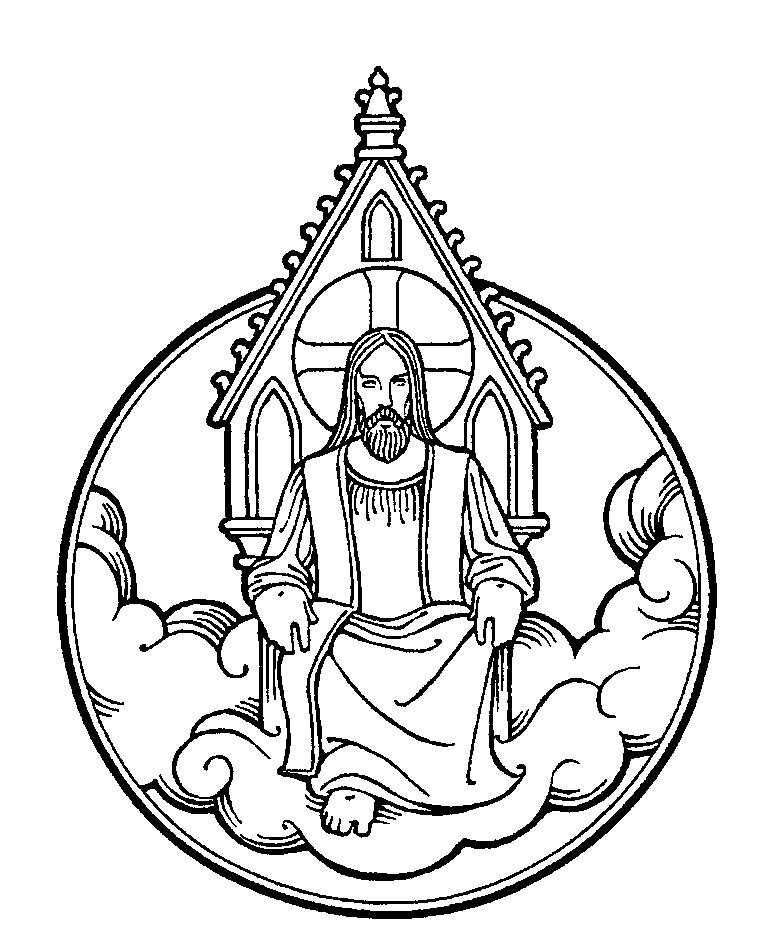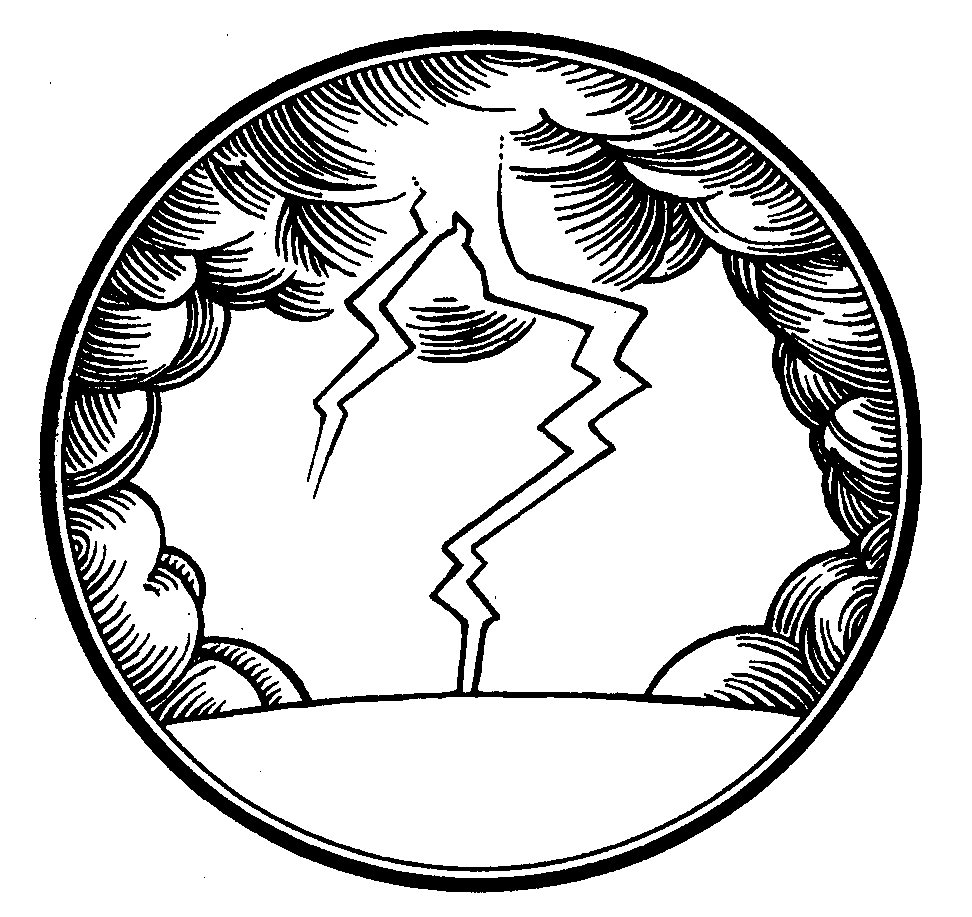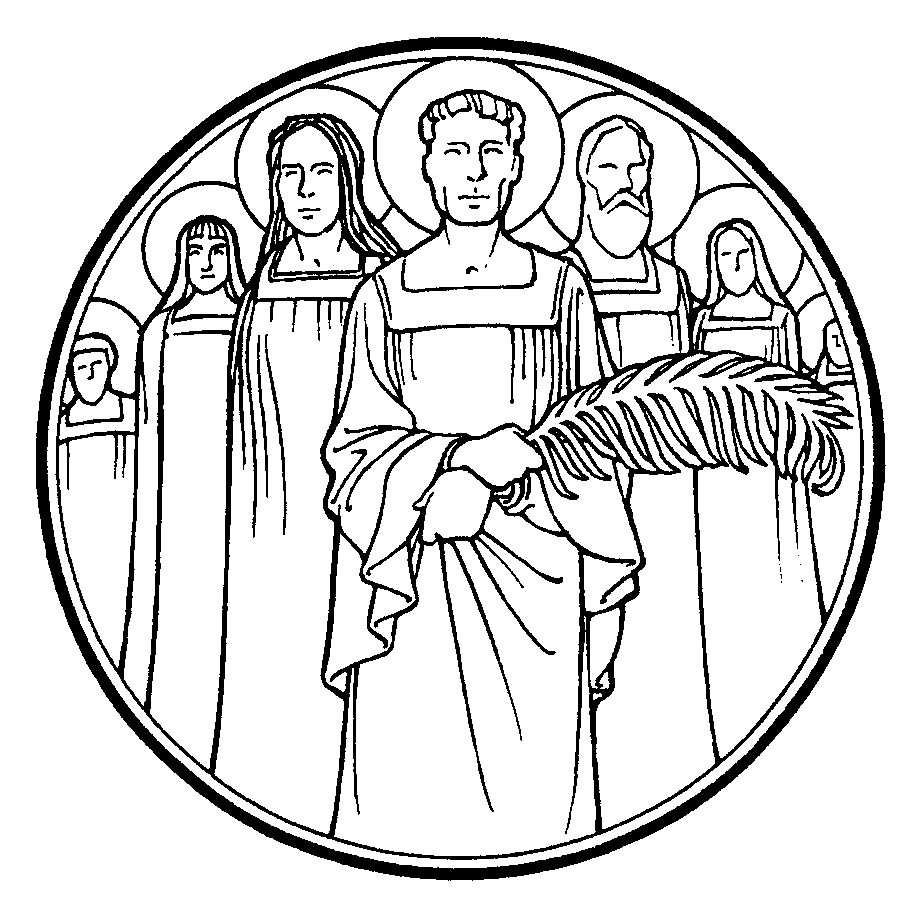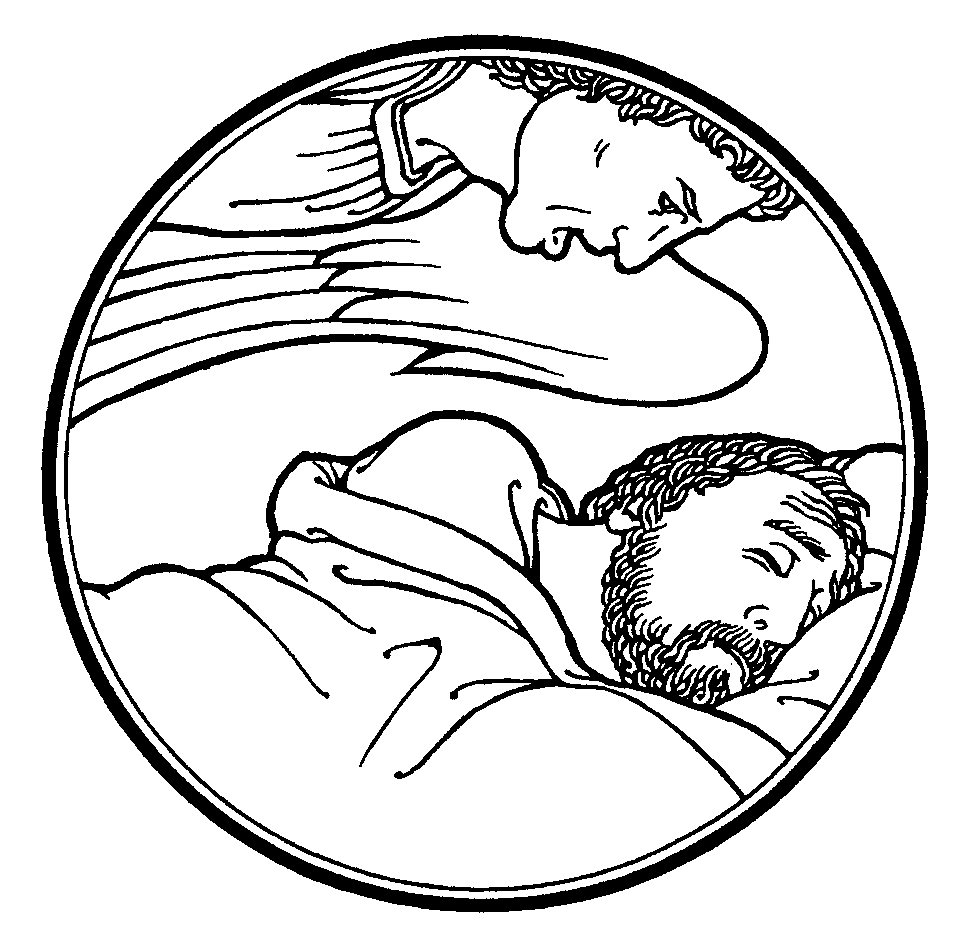
There are many hymns of joy that we sing during Advent and Christmas: all celebrating the coming into human flesh our Lord and Savior, Jesus Christ. He who was born in Bethlehem to Mary the blessed Virgin as we will celebrate tonight. But as our Gospel lesson for this morning began, there is one who did not have a song of joy in his heart at the news that Mary was pregnant, he was singing the blues perhaps, but not a song of joy. Joseph, the carpenter of Nazareth, the betrothed husband to be, had found out that Mary was with child. Joseph could not have known at this time that Mary was pregnant by the Holy Spirit. No doubt Mary had told him about the angel visitation and Gabriel’s message, but honestly how could Joseph believe her? He knew how things worked biologically. He also knew that he, himself, could not be the father. Even though betrothal in the Hebrew world meant that Joseph and Mary were legally bound, during their betrothal they did not yet live together or have physical relations. Could it be that Mary was just making excuses for having sinned with someone else? The time to make some hard decisions had arrived for Joseph. His options were two; he could take Mary to be his wife and claim responsibility for the unborn child. This to the Jews would have been an admission of guilt. The remaining option was to divorce her. By divorcing her, he would be absolving himself of any responsibility and guilt for the sin of fornication. However, the usual form of divorcing in such a situation was public denunciation which would then have exposed Mary to public humiliation and possible stoning.
Joseph is described as a just and righteous man; as such, he certainly wouldn’t admit guilt when he had been innocent, but he also didn’t want Mary to suffer shame and execution… so he ultimately resolved that He would find a way to divorce her as quietly as possible.
Joseph’s plans to be married to Mary had been changed by circumstances beyond his control; now he had resolved to take control, to absolve himself while protecting Mary by divorcing her, but God had other plans for Joseph.
As Joseph slept that night, an angel of the Lord appeared to him in a dream, and addressed him as “Joseph, son of David” not only would an angel in your dreams be unusual, but this greeting too was unusual. Why did the angel call Joseph, Son of David? The Gospel writer, Matthew had just given us the full geneology of Joseph. Joseph’s father’s name was Jacob not David. It is true that Joseph was a descendant of King David, but he was 28 generations down the line from him. In fact, for the last 14 generations, the royal lineage of David had no throne to rule. Therefore, this formal greeting of the Angel referring to Joseph’s royal ancestry already indicates the significance of this child’s birth: He would restore the throne to David, and His kingdom would have no end.
The angel after greeting Joseph by name, told him to change his plans again, to take Mary as his wife, and to do so without fear. She was innocent of the sin of fornication. The child in her was conceived by the Holy Spirit, a miracle of God’s purpose. A purpose and plan revealed in the name that Joseph and Mary were to name this son once He was born, Jesus. Jesus is the English version of the Hebrew Yeshua which means Savior or literally “God saves” as we have been talking about in our midweek services. The name is the same as Joshua, like the Joshua who led the Israelites into the promised land by God’s hand after Moses. Yet, that Joshua only prefigured and pointed to the greater work of this Joshua, this Savior, announced to Joseph. This son born of Mary named Yeshua was born to be a savior by saving His people from a greater enemy than the Caananites or the Egyptians. To bring His people to a greater promised land. He was born to save His people from their sins. To save them from eternal condemnation and the enslavement to sin and the hands of Satan!
How could He do this? Because this Son of Mary was not just a man, but He was also the Son of God. He was and is Immanuel, “God with us”.
In the meantime, God’s plan for Joseph was to bless him and use him in the vocation of husband and adoptive father of Jesus. He was to protect them both Mother and unborn child, the miracle of God’s salvation plan. He was to be the earthly hands of the heavenly Father taking care of Jesus until the time was fulfilled for Jesus to enter into His public office of Christ.
We are not told a whole lot about what happened to Joseph from Scripture, we assume that by the time Jesus began His teaching and preaching office of Christ, Joseph had been called by God to His eternal rest so He never saw the active earthly ministry of Jesus. We know that He was a righteous man, but He knew that that righteousness came not from himself, but from God. Now the righteousness of God which, he, Joseph needed, was coming to earth through Mary. Joseph believed that this son of Mary was going to save him and all of God’s people from their sins. Here revealed to him in the words of the Angel was the news that the long promised, long awaited Savior, was now God with us in human flesh. Ready to conquer in the spirit of King David, to deliver in the name of Joshua, battling against sin, death, and the power of the devil.
We cannot begin to imagine the mindset of Joseph after the angels, visit, but we he believed. We know that in this life, very often our earthly plans also get changed. We may have had the best intentions, but then something changes those plans. All too often the reason for the change in plans is because of sin and the failures within ourselves. This is part of the curse which we inherited from our first parents, Adam and Eve, who decided that it was not enough to be loved by God as His subject, but wanted to be equal to God and so fell into temptation and sinned. The punishment for that sin is that sin is passed down from generation to generation through the sin that clings to this flesh. Sin which enslaves many to live in darkness without hope by their unbelief.
But God has better plans for you and me. Because of this inherited sin and fallenness of humanity, Jesus had to be conceived the way He was, He who was begotten from eternity was conceived and born outside the plans or desires of the flesh by the Holy Spirit so that even as He took on flesh and blood, it was perfect and sinless. Jesus the perfect man and Son of God allowed Himself to be despised, rejected, and crucified so that the natural outcome of our sins would not occur in full, rather believers could be redeemed from their sins. He took the punishment of sin upon His flesh so that your own flesh might be redeemed. So that the enemies of sin, death, and the devil could be defeated through His death and resurrection. This was and is the good and gracious plan of God the Father who sent His Son, so that by the power of the Holy Spirit, men and women who receive this message of grace through the Gospel can believe and be saved and receive forgiveness for their sins.
You may not have had an angel come to you in a dream to deliver the message of Jesus Christ, but you have heard His message in His Word preached and taught. Jesus, the Savior of the Nation comes and is God with us as He washes clean by the waters of Holy Baptism where He took you, into His crucifixion leaving your sins on the cross. Then in baptism you were raised into His resurrection and given new life through faith. No longer are you slaves to sin, but you are set free to live holy lives by God’s Spirit in Jesus Christ’s name. God not only promises eternal life through Jesus Christ by the forgiveness of your sins, but He will guide, bless, and direct you in your life now. Pray that God would guide you in all wisdom even as you make your earthly plans that God’s will would be done in your life, but remember that all wisdom begins and ends here. Here is where we become centered for all things in life, for Christ is our center. And here is where He comes in His most clear way. He is the One who speaks to us by His Word to tell us of His Love. It is here where Jesus descends to His creation with His saving, merciful, Divine flesh to eat and to drink, where He abides with us in this special way. This is where He brings us to heaven on earth so that our fears, worries, sorrows, our sad songs, may be placed upon Him, and we are made free to sing songs of praise and adoration joined with all the heavenly host during the fast approaching Christmastide.
Our Savior has come to earth, He has conquered, He has risen and ascended and He is coming again to bring us to Himself. Your Immanuel, your, Savior and king, Jesus the Christ. Therefore, O Israel, hope in the Lord! For with the Lord there is steadfast love, and with him is plentiful redemption! Rejoice, rejoice, Emmanuel has come to thee, o Israel. In the name of Jesus, Amen.
Pr. Aaron Kangas
